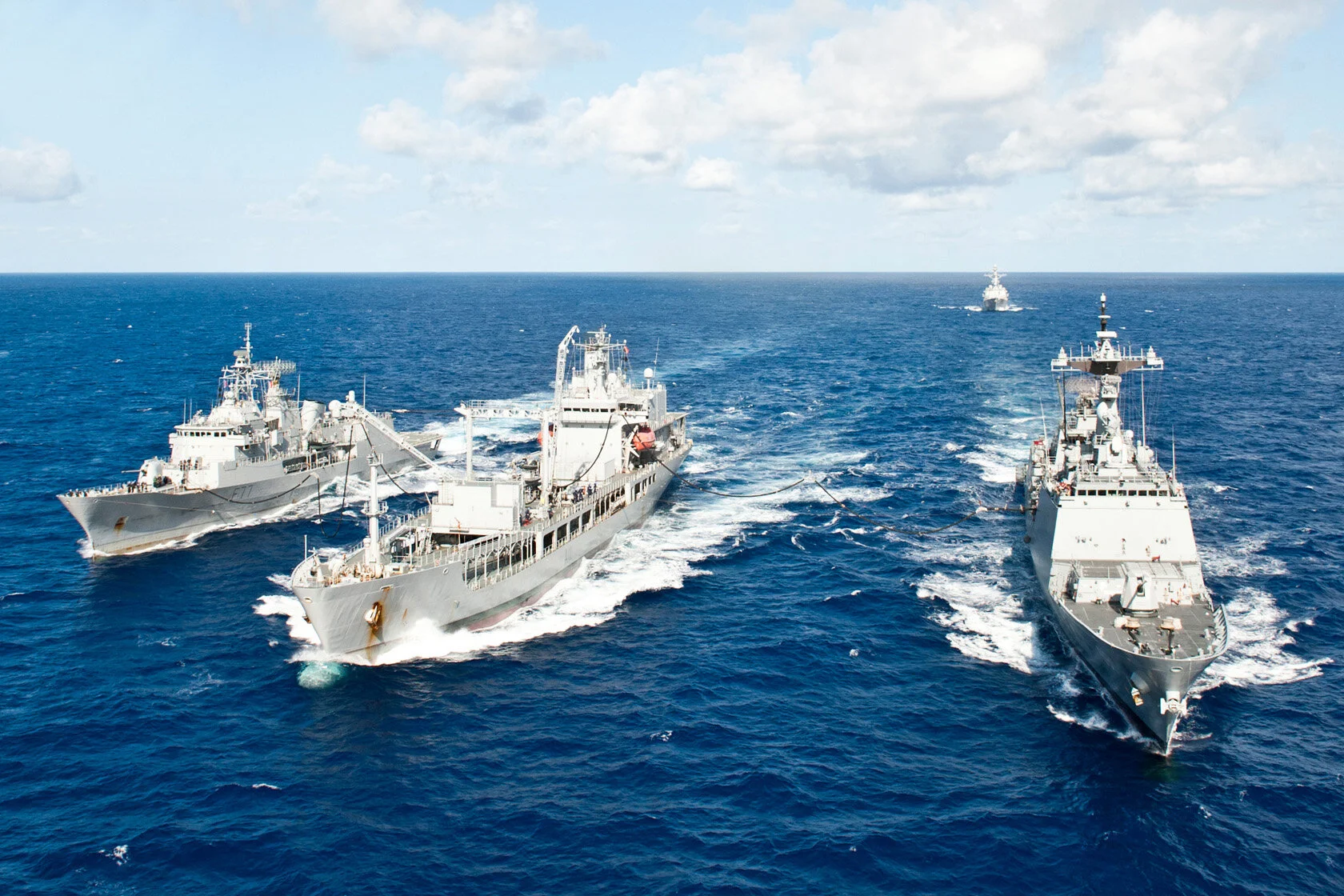Image courtesy of the EurAsian Times
By Aditi Parashar ’22
Staff Writer
The United States, the United Kingdom and Australia have announced a tripartite security agreement on Sept. 15. The deal, titled AUKUS, a combination of the three nations’ abbreviated initials, is meant to challenge China’s increasing claims over territory in the Pacific, reported The New York Times. The U.S. and the UK will help Australia establish a stronger Western presence in the region by providing at least eight nuclear-powered submarines.
Scott Morrison, the Australian Prime Minister, clarified in his speech that the submarines would be nuclear-powered, not nuclear-armed, since Australia is a signatory to the Nuclear Nonproliferation Treaty, according to The New York Times. The Nuclear Nonproliferation Treaty effectively bans signatory countries from either procuring or deploying nuclear weapons. Morrison said, “Let me be clear: Australia is not seeking to acquire nuclear weapons or establish a civil nuclear capability.”
AUKUS comes at a time when Australia and China are seeing a breakdown in an usually amicable relationship. Australia has recently denied the tech giant Huawei entry into the country while also refusing other investments from China and its defence and foreign ministers, alleging that the Chinese government is trying to interfere in Australian politics, according to the BBC. Australia also supported the U.S. call for investigation into the origins of COVID-19 which only heightened tensions between China and Australia. China, Australia’s biggest trading partner, retaliated by placing sanctions on a variety of Australian goods.
As tensions increase between Australia and China, Visiting Lecturer in international relations and politics Bryan Nakayama sees the AUKUS deal as a solidification of the alliance between the three nations.
“[AUKUS] should be seen as a piece with[in] the broader turn by the U.S. to engage more deeply with the Asia-Pacific region and the strategy of ‘Great Power Competition,’ specifically vis-a-vis China,” Nakayama said. “This helps cement an ally, since transferring a high-end technology like nuclear propulsion is a vote of trust in the stability of the alliance. Australia has been facing strategic pressure from China recently on a range of issues, so it likely serves as a reassurance.”
The New York Times reported that the Chinese Ministry of Foreign Affairs spokesman Zhao Lijian said the agreement would “seriously damage regional peace and stability, exacerbate an arms race and harm international nuclear nonproliferation agreements,” according to the Chinese Communist Party controlled newspaper, Global Times.
China is not the only country to react strongly to this new deal. According to Bloomberg, AUKUS puts an end to a previous submarine deal estimated to be worth $66 billion made between France and Australia in 2016. The decision elicited a forceful response from the leaders in Paris. French officials called the new alliance “a stab in the back,” according to EuroNews.
The deal, according to CNN, is expected to impact the French defense sector significantly. France also holds interest in the Indo-Pacific region that it now stands to lose out on. Al Jazeera reports that the French government has pulled back ambassadors from the United States as well as Australia, citing “duplicity, disdain and lies.” Benjamin Haddad, a member of the Atlantic Council in Washington, told The Atlantic that the new deal “had set relations between the U.S. and France back to their lowest point since the Iraq War.”
“To my knowledge, the relations between France and the U.S. will take time to mend, but mend they will,” Rehat Thussu ’23, an international relations major, said. “While the U.S. does not have the strongest relationship with France, it is nowhere near weak enough to break down simply over this matter.”

